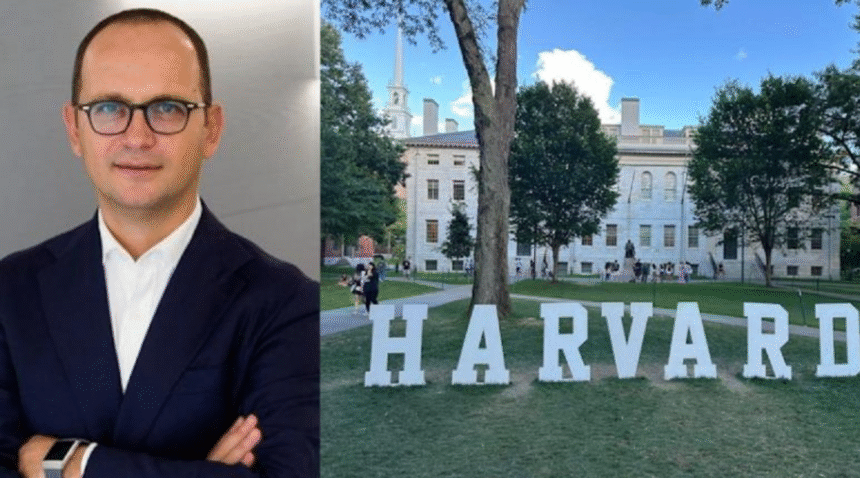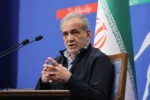Former Albanian Foreign Minister and Socialist MP Ditmir Bushati has relocated to the United States, where he will teach at the prestigious Harvard University.
Bushati himself announced this new stage of his life in a post on Facebook.
For the upcoming academic year, Ditmir Bushati will be part of Harvard University’s Center for International Relations, engaging in research projects and delivering a series of lectures to students, faculty, and researchers on the role of U.S.-EU relations in consolidating peace and prosperity in Southeastern Europe.
Bushati’s Facebook post:
*”Harvard University is a powerhouse of thought and the heart of innovative ideas.
I have had the fortune to be at Harvard twice—once as a minister, where I addressed students on the challenges facing Southeastern Europe, and earlier as a participant in an executive program on negotiations.
It is both an honor and a pleasure for me to join the Center for International Relations at Harvard University this academic year, engaging in research projects and lectures with students, faculty, and scholars, focusing on the role of U.S.-EU relations in strengthening peace and prosperity in Southeastern Europe.
The Center for International Relations, founded in 1958 by Henry Kissinger and Robert Boëie, is Harvard’s largest research institution on international relations. It serves as a meeting point for academics and practitioners from around the world, reflecting a long-standing commitment to bridging theory and practice. I consider this a valuable experience, as it allows me not only to contribute based on my experience but also to learn from others.
The rules-based international order has been strongly impacted by Russian aggression in Ukraine and the renewed conflicts in the Middle East. For our region, the consequences are evident, given our geographic proximity and unresolved statehood issues. The current moment is especially challenging, highlighting a gap: the need for U.S.-EU coordination in our region remains substantial, while the space for cooperation seems to be narrowing. Therefore, it is crucial to examine policies, instruments, and models of U.S.-EU cooperation in Southeastern Europe, in support of a transformative agenda and the consolidation of the European project in the region.”*







